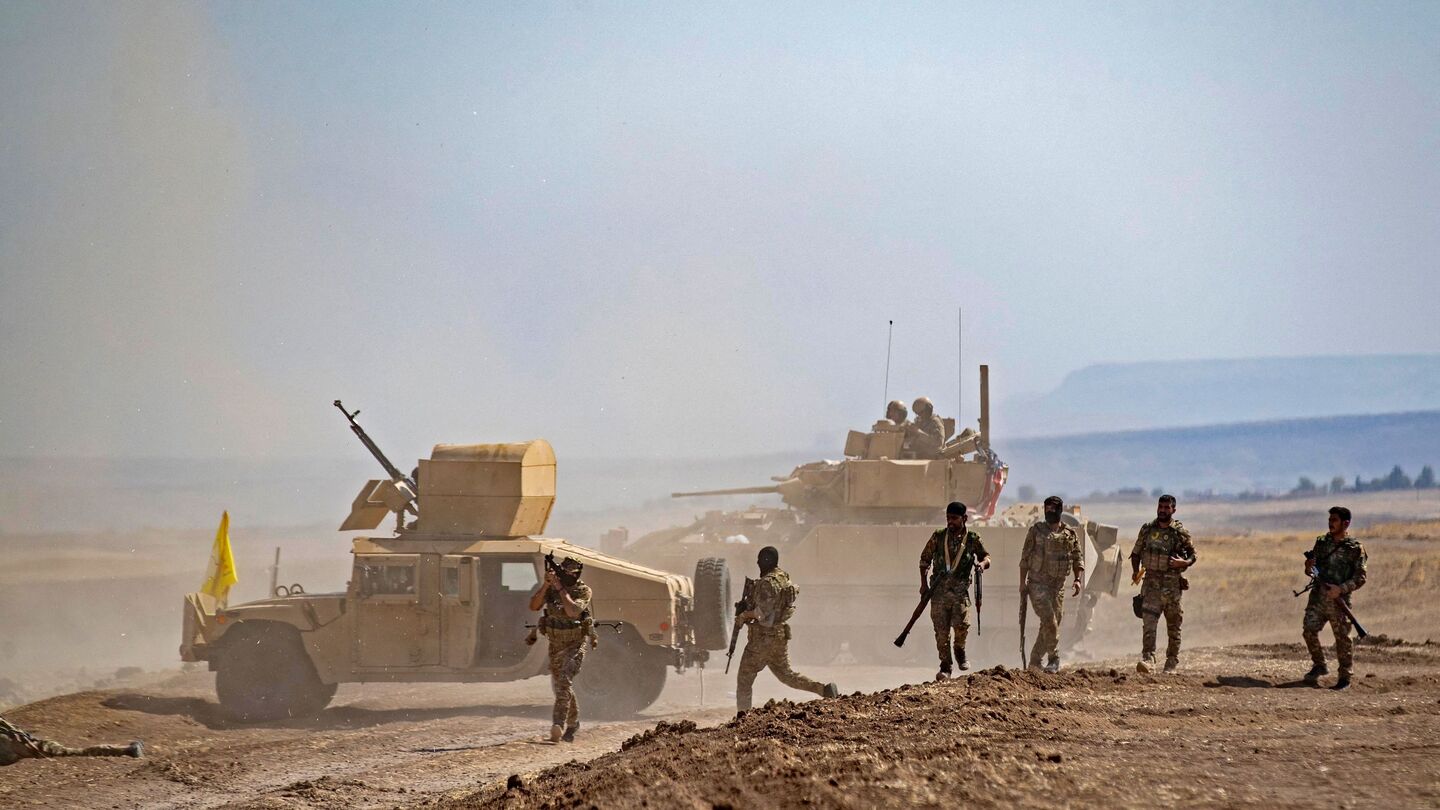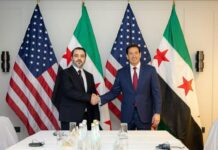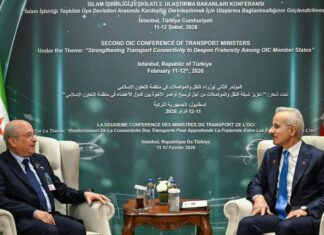
The Syrian Democratic Forces (SDF), a US-backed militia with ties to the Kurdish People’s Protection Units (YPG), and internationally recognized terror organization the Kurdistan Workers Party (PKK) have intensified fighting with militias and forces allied with the Assad regime, leading to a new escalation in the already volatile region of Deir Ezzor. This conflict, which involves a complex web of alliances and rivalries, has drawn in several key players, including Iran, the Assad regime, and tribal militias, further complicating the situation on the ground.
The recent surge in violence began when the so-called Tribal Forces, aligned with the Assad regime and supported by Iran, launched a significant attack on SDF positions east of the Euphrates River. The assault, which began last week, saw the Tribal Forces, armed with machine guns and rocket-propelled grenades, target SDF strongholds in the towns of Dhiban, Tayyana, and Busayrah, leading to fierce exchanges of artillery fire. The SDF responded by shelling regime-controlled areas on the opposite bank of the Euphrates, causing civilian casualties and displacing thousands.
A statement by the SDF accused the Assad regime’s General Intelligence Service (GIS), led by Hussam Louqa, of orchestrating the attacks. The Tribal Forces, under the command of Ibrahim Al-Hafil, claimed responsibility for the assaults, signaling their broader intentions to challenge the SDF’s control over Deir Ezzor.
In retaliation, the SDF suspended crude oil shipments to regime-held areas from the oil-rich fields of Hasakah, halting nearly 100 tankers destined for the Homs refinery. This move came alongside a siege imposed by the SDF on regime-controlled neighborhoods in Hasakah and Qamishli, cutting off supplies and restricting movement. The blockade has exacerbated an already dire humanitarian situation, with international organizations like the UN and the Red Cross urging the SDF to lift the siege to allow essential supplies to reach over 100,000 civilians.
Despite these calls, the SDF has maintained its stance, arguing that the regime’s aggression justifies their actions. The Autonomous Administration of North Eastern Syria (AANES), the political arm of the SDF, issued a statement condemning the Assad regime for what it described as “criminal attacks” and accused Damascus of being disconnected from the reality on the ground.
The situation in Deir Ezzor is further complicated by the overlapping interests of various regional and international actors. The SDF, while backed by the US, has also maintained a cautious relationship with both the Assad regime, Russia, and Iran. The SDF and regime forces have occasionally cooperated in certain areas, even sharing military points in the region.
However, the recent clashes underscore the fragile nature of these relationships. The Assad regime has demanded the complete withdrawal of US forces from Syria, accusing the SDF of acting as American proxies. In contrast, SDF spokespersons have rebutted these claims, asserting that the regime is out of touch with the evolving dynamics in the region.
Iran’s involvement in supporting the Tribal Forces against the SDF adds another layer of complexity. Analysts suggest that Iran is using its influence among local tribes to challenge the SDF and exert pressure on the US presence in Syria. The recent attacks may also be a signal to Turkey, indicating that the Assad regime, with Iranian backing, has various options to counter the SDF, potentially influencing Turkey’s approach to the conflict in light of recent Turkish-Assad normalization efforts.
The ongoing violence has caused waves of displacement as families flee the conflict zones. The indiscriminate bombing by all parties has resulted in significant civilian casualties, with the SDF and regime forces both accused of targeting residential areas. The SDF’s siege of regime-held areas in Hasakah and Qamishli has further compounded the suffering, as food and water shortages become increasingly severe.
International actors, including Russia, have attempted to mediate between the SDF and the Assad regime, but with limited success. A recent Russian-brokered meeting in Hasakah ended without any resolution, highlighting the deep-seated mistrust between the two sides. Many in Deir Ezzor and the region remain on high alert as tensions remain high with no signs of abating in the near future.








